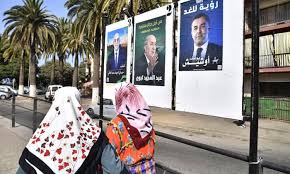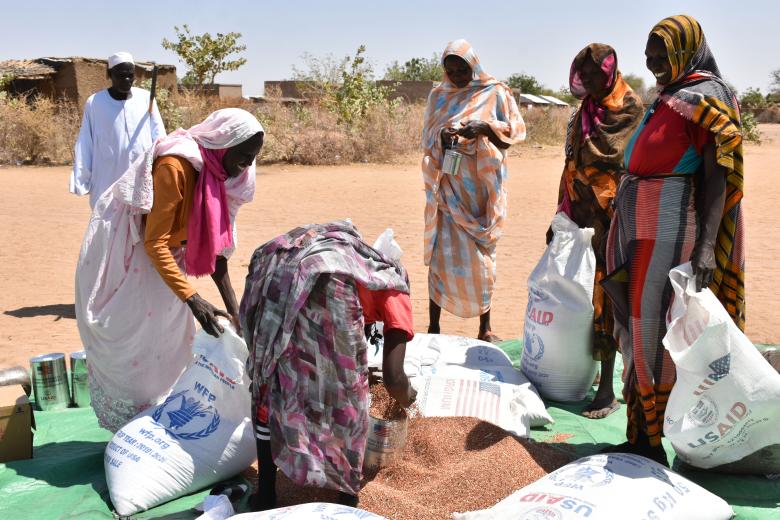The latest short-lived Wagner mutiny that shook Russia, which occurred barely a week after Algerian President’s visit to Moscow, will have weakened both Abdelmajid Tebboune and Gen. Saïd Chengriha’s Russophile wing of the army, said a London-based think-tank.
What happens in Russia could have major implications for Algeria. After Tebboune’s visit, it seemed clear that, despite his previous criticism of the Wagner Group in Mali, he had committed Algeria to helping Russia in the Sahel and especially Mali, according to an analysis published by Menas Associates, a research center which provides actionable intelligence to decision-makers and investors.
The strong implications of Tebboune’s ‘New Strategic Partnership’ with Russia is that it would support Moscow’s interests in Mali, said the report, noting that this support could have taken Algeria into disastrous situations, and especially because only a few days earlier the Malian junta had ordered the MINUSMA peacekeeping forces to leave the country.
Statements of Foreign Affairs Minister Sergei Lavrov and intelligence reports suggest that Moscow will maintain the Wagner forces in Africa, albeit perhaps under a new command structure, possibly tied to the Defense Ministry. Lavrov has confirmed that Wagner will continue to operate in both Mali and the Central African Republic.
However, if Russia does take more direct control of the Wagner Group forces in Africa, and if Algeria is drawn into supporting them, the implications for both countries in terms of international law will be profound, warned the UK experts, saying that the other possible scenarios that could develop in Mali under such circumstances also pose potentially serious implications for Algeria’s own security.
Equally, if the Wagner forces are withdrawn — and if the UN peacekeeping forces also do so as the Malian junta has insisted — the field will be left wide open to the jihadist forces of the État Islamique au Grand Sahara (EIGS) and Jama’at Nasr al-Islam wal Muslimin (JNIM), which could have huge security and geo-political implications for Algeria, said the report.
Besides any possible punitive actions against Algeria by the US and, less likely, the EU for seemingly siding with Russia, the main implications of Prigozhin’s rebellion for Algeria is likely to come from the Sahel and especially Mali, underlined the analysts.
For many Algerians, as well as the international community, Tebboune is seen as having hitched his cart to the wrong horse. Even before the 24 June uprising of Wagner group, it was evident that Tebboune’s visit to Russia had set back Algeria’s relations with both France and Germany.
The situation with the U.S. however remains ambivalent largely because Washington sees the Algerian regime as something of ‘a necessary evil’ that needs to be kept in place as the alternative is chaos as has happened in Libya.
So, the goal of U.S. policy is to try and contain the Algerian regime which is now is blocked over the issue of a second mandate for President Tebboune as the army high command and General Mohamed ‘Toufik’ Mediène are reportedly opposed to a second term.
A major feature of this impasse is Tebboune’s determination to prevent the emergence of any possible challengers to his re-election. Meanwhile, Chengriha has highlighted the risk of military engagements with Morocco and ordered deployment of troops close to the southern Moroccan frontier.
Some experts believe that the Algerian army chief wants to take his country to the brink and even engage Moroccan forces in a bid to tighten further his grip over power and strengthen his own position as the country’s new strongman.



